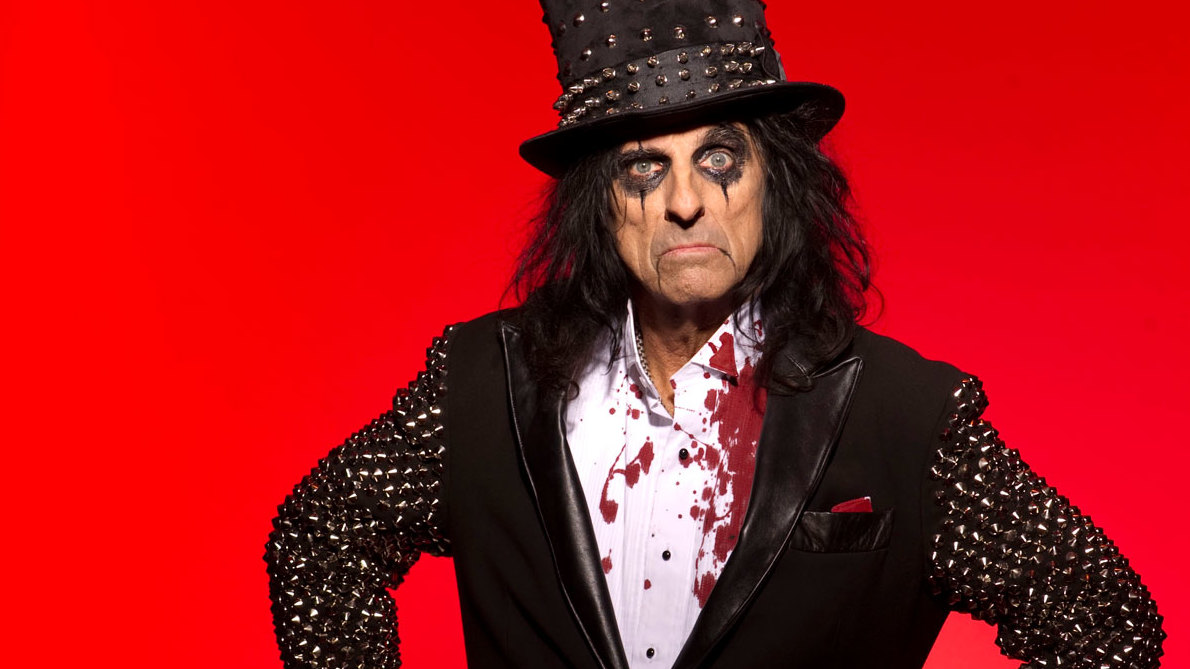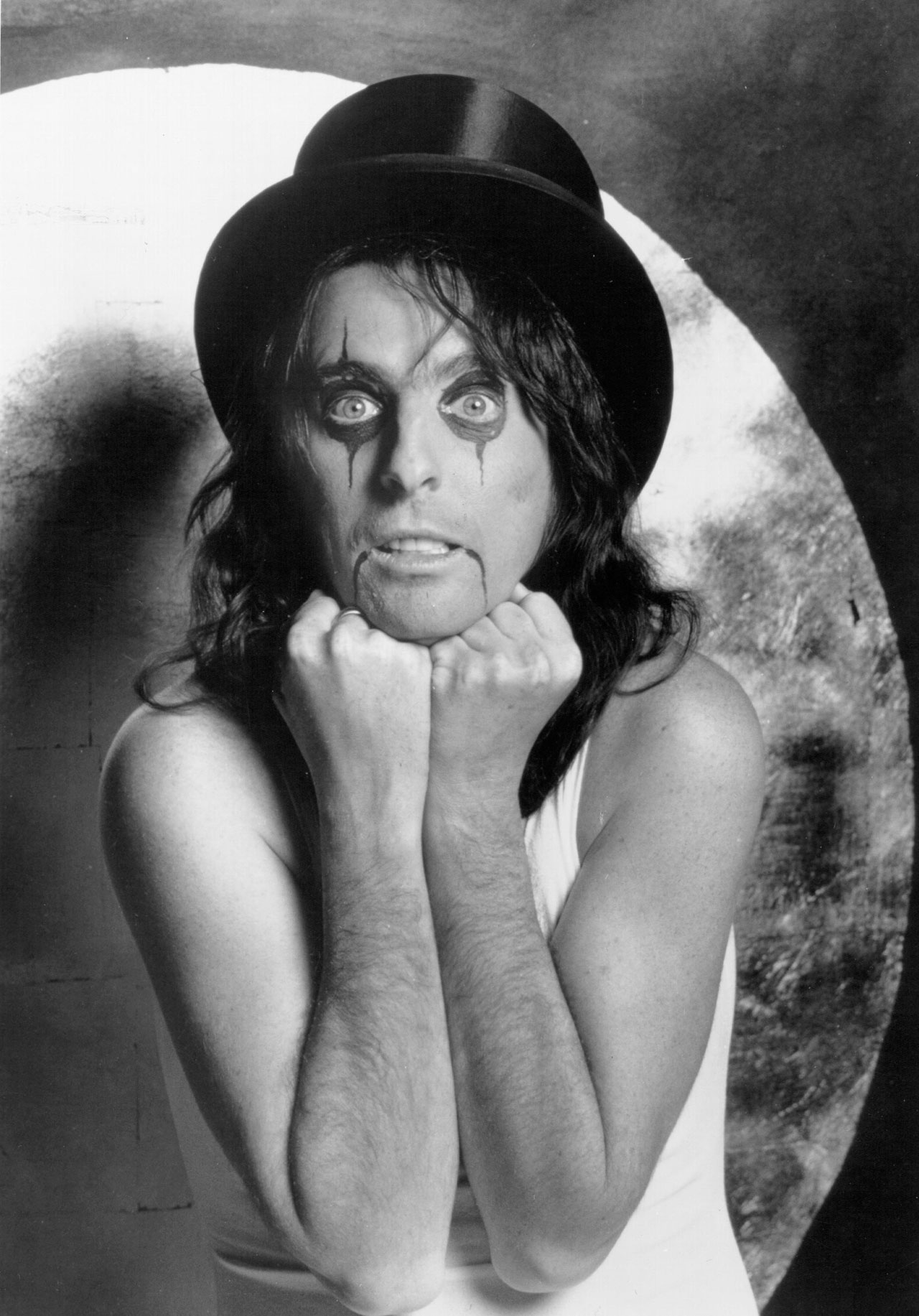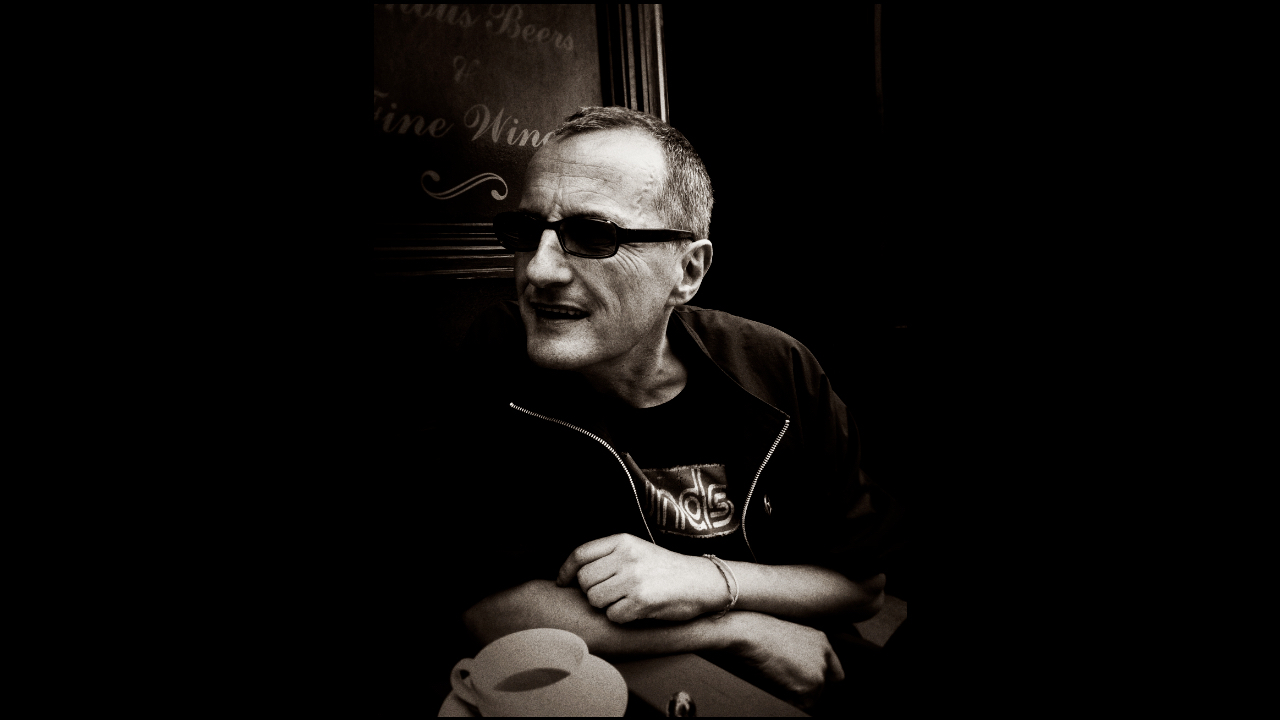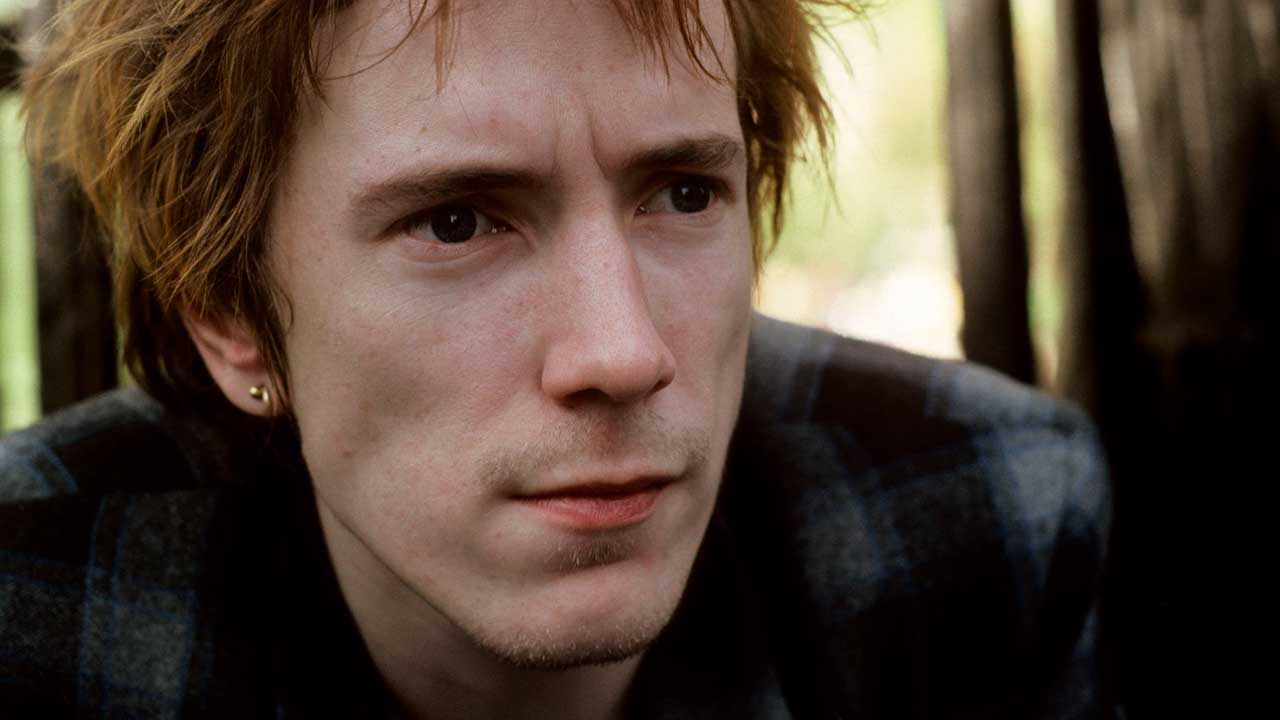Interview: Alice Cooper on God, golf, heroes and villains
Church goer, golf addict, former alcoholic, Alice Cooper has been ploughing his gore-drenched heavyrock B-movie furrow for more than 40 years, and is still showing no sign of slowing down

Select the newsletters you’d like to receive. Then, add your email to sign up.
You are now subscribed
Your newsletter sign-up was successful
Want to add more newsletters?

Every Friday
Louder
Louder’s weekly newsletter is jam-packed with the team’s personal highlights from the last seven days, including features, breaking news, reviews and tons of juicy exclusives from the world of alternative music.

Every Friday
Classic Rock
The Classic Rock newsletter is an essential read for the discerning rock fan. Every week we bring you the news, reviews and the very best features and interviews from our extensive archive. Written by rock fans for rock fans.

Every Friday
Metal Hammer
For the last four decades Metal Hammer has been the world’s greatest metal magazine. Created by metalheads for metalheads, ‘Hammer takes you behind the scenes, closer to the action, and nearer to the bands that you love the most.

Every Friday
Prog
The Prog newsletter brings you the very best of Prog Magazine and our website, every Friday. We'll deliver you the very latest news from the Prog universe, informative features and archive material from Prog’s impressive vault.
We peer into the psyche of the man who wrote the book, made the film, and sold more than just the T-shirt.
What are your religious beliefs?
I’m a Christian – grew up a Christian. I was the prodigal son, the one that grew up, went away and then came back. How do you balance your faith with rock’n’roll – the so-called Devil’s music? I don’t know where that came from – it doesn’t say that in the Bible. I think all good things come from God. That doesn’t mean that lyrically it’s going to be very heavenly. I’ve heard some pretty good music with raunchy lyrics, but it’s not the Devil’s music at all!
What’s the biggest misconception about you?
I think in the early days it was that I was a satanist, which couldn’t be more opposite of what I really was. I think people saw the make-up, the stage show, and the only thing they could equate it with was something horribly evil. I don’t think they saw the humour in what I was doing. Rock’n’roll, horror and comedy are all in bed together.
Is addiction an illness or a weakness?
I think it’s both. To be an alcoholic is like when you’re using alcohol as medicine. I know guys in this business that can drink a gallon of whisky a day and they’re not alcoholics, and then I know a couple of secretaries that have a couple of beers at lunch and they’re the alcoholics, because they’re drinking to get something done.
Sign up below to get the latest from Classic Rock, plus exclusive special offers, direct to your inbox!
What is your greatest regret?
Not learning to play the guitar properly. Now I listen to great players and think: “Why didn’t I practise?” I mean, I can play rhythm, but I just didn’t take the time to go up and down the board. I can’t play as well I’d like to play.
What is the secret of success?
Find something that no one has done that you could really use. Alice Cooper came along when there was no villain in rock’n’roll, and I filled that void. So 40 years later I’m still the villain of rock’n’roll and it still works.

What can you do that no one else can?
I probably hit more fairways than any human being on the planet. I am the straightest hitter of a golf ball out of anybody that I know.
What’s the meaning of life?
The meaning of life is searching for God.
What would you like to be written on your tombstone?
Here lies Alice, since when he was teething, never stopped talking, until he stopped breathing.
What were you like at school?
I was Ferris Bueller. I ran the school. I got away with everything. I was on the newspaper, I was a four-year letterman at sports, and I was in the number one band in the city. I had everything wired. I loved high school. It wasn’t a learning event for me, it was a social event.
Where do you stand politically?
I am a square-in-the-middle moderate. I wish I could say that I was an extremist one way or another, but I’m just not.
- The Alice Cooper Quiz
- The Story Behind The Song: Elected by Alice Cooper
- An audience with 'Supermensch' Shep Gordon, a rock 'n' roll legend
- 19 Things We Learned At Stone Free
What in your life are you most proud of?
My family. I’ve got the best family in the world. Married 30 years, three great kids. I’m also proud of the longevity of my career. Having a long career and an enduring home life is a rare thing in this business.
To what do you attribute to your success in maintaining both?
It’s all about stability. I’m pretty stable with my band. My manager and I have been together 44 years. I like staying with the same people because I trust them, and they trust me.
Who are your heroes?
In show business there’s Groucho Marx. He was always ridiculously funny. You’ve got to look at The Beatles as being a band that didn’t make many mistakes. I liked Harry Truman because he was one of those guys who wasn’t a politician, he was just a guy that said: “If it’s got to be done, do it!”
Do you see any successors to your throne?
I’ve kind of left Alice open on one level, in as much as he’s now a fictional character like Dracula, Batman, etcetera. Anybody could really play Alice years from now. So I’ve left it that fifty years from now, some seventeen-year-old kid can put on some make-up and say: “Okay, now I’m going to be Alice.” That will be neat.
This interview originally appeared in Classic Rock 150.
Pete Makowski joined Sounds music weekly aged 15 as a messenger boy, and was soon reviewing albums and doing interviews with his favourite bands. He also wrote for Kerrang!, Soundcheck, Metal Hammer and This Is Rock, and was a press officer for Black Sabbath, Hawkwind, Motörhead, the New York Dolls and more. Sounds Editor Geoff Barton introduced Makowski to photographer Ross Halfin with the words, “You’ll be bad for each other,” creating a partnership that spanned three decades. Halfin and Makowski worked on dozens of articles for Classic Rock in the 00-10s, bringing back stories that crackled with humour and insight. Pete died in November 2021.

